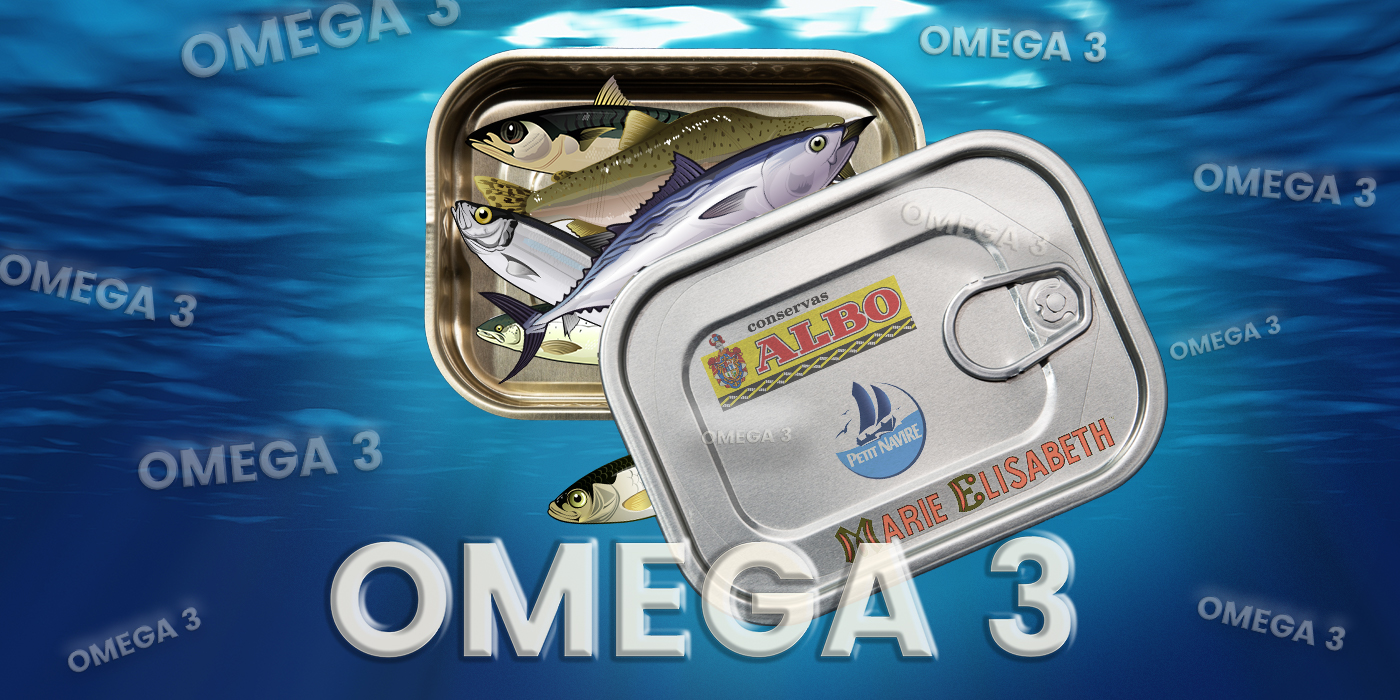Omega-3 help boost your body during wintertime
Omega-3 are called essential fatty acids because the body itself doesn’t know how to synthesize them and therefore, the diet must provide them in sufficient quantities. They are essential for the proper functioning of our body and many benefits are attributed to them by scientists. That’s most certainly the reason that they are also called “good fats”.
There are 3 essential poly-unsaturated fatty acids:
- Alpha-linolenic acid (ALA)
- Eicosapentaenoic acid (EPA)
- Docosahexaenoic acid (DHA)
ALA is the only Omega-3 that our body is unable to produce itself. It is found in rapeseed, walnut or flaxseed oil, green leafy vegetables, red fruits and nuts.
On the other hand, EPA and DHA can be synthesized by the body but only in the presence of ALA as a precursor. They are naturally found in foods of marine origin, mainly in fatty fish.
To cover ones needs for marine omega-3, it is advisable to eat fatty fish at least twice a week – especially mackerel and sardines, which also contain less pollutants.
The total content of omega-3 (EPA and DHA) in 100g of fatty fish:
- Sardine : 2.084 mg*
- Herring (Baltic Sea): 1.910 mg*
- Salmon: 1.748 mg*
- Mackerel: 1.327 mg*
- Tuna: 816 mg*
*the rates vary according to the fishing area and season.
You will find plenty of recipe ideas under:
https://www.albo.es/recetas/
https://www.petitnavire.fr/fr/nos-recettes
Sources : passeportsante.net ; doctissimo.fr ; ak-omega-3.de




